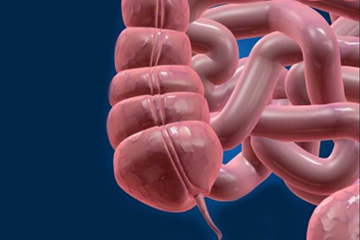Why Do We Have an Appendix?

Get the world’s most fascinating discoveries delivered straight to your inbox.
You are now subscribed
Your newsletter sign-up was successful
Want to add more newsletters?
Join the club
Get full access to premium articles, exclusive features and a growing list of member rewards.
Yeah, especially since so many people have them removed (about 300,000 every year in the United States)!
In plant-eating vertebrates, the appendix is much larger and its main function is to help digest a largely herbivorous diet. The human appendix is a small pouch attached to the large intestine where it joins the small intestine and does not directly assist digestion.
Biologists believe the human appendix is a vestigial organ left behind from a plant-eating ancestor. In Charles Darwin's On the Origin of Species (1859) and his next publication, The Descent of Man (1871), he referred to several "vestiges" in human anatomy that were left over from the course of evolution. These vestigial organs, Darwin argued, are evidence of evolution and represent a function that was once necessary for survival, but over time that function became either diminished or nonexistent.
Follow Life's Little Mysteries on Twitter @llmysteries. We're also on Facebook & Google+.
Get the world’s most fascinating discoveries delivered straight to your inbox.
 Live Science Plus
Live Science Plus












